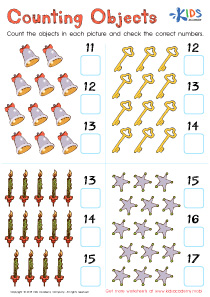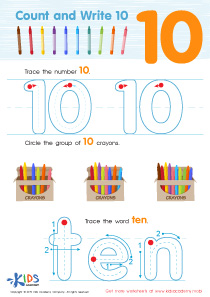Basic Math Skills Normal Numbers 0–10 Worksheets for Ages 3-6
6 filtered results
-
From - To
Boost your child’s math readiness with our engaging "Basic Math Skills Normal Numbers 0–10 Worksheets" designed for ages 3-6. These worksheets provide a fun and interactive way to introduce young learners to essential math concepts through activities focused on counting, number recognition, and simple addition and subtraction. Each worksheet is tailored to captivate and motivate little learners, helping them build confidence in their math skills. Parents and educators will appreciate the thoughtfully designed exercises that encourage exploration and understanding. Equip your child with a strong mathematical foundation in a playful, stimulating manner! Download now and watch their skills flourish!
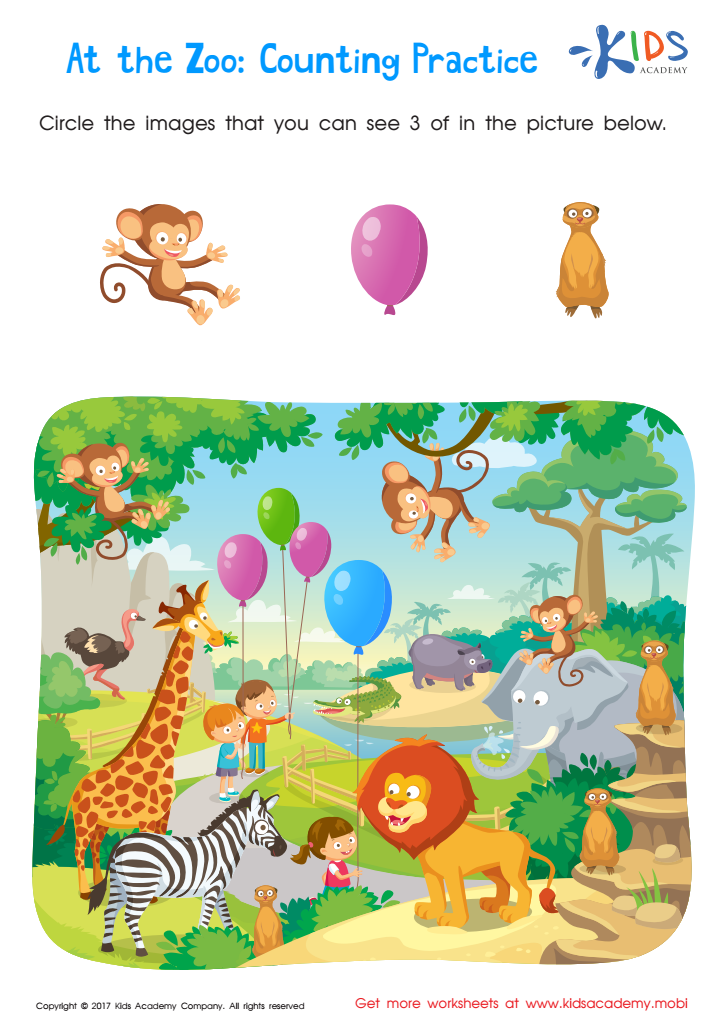

At the Zoo: Counting Practice Worksheet
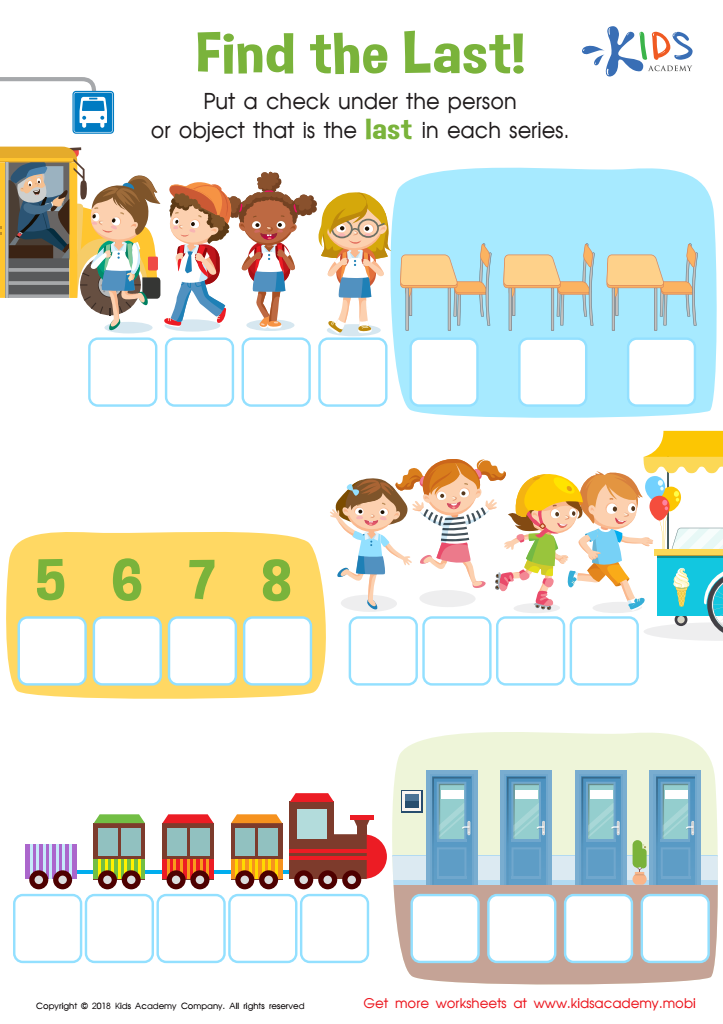

Find the Last! Worksheet
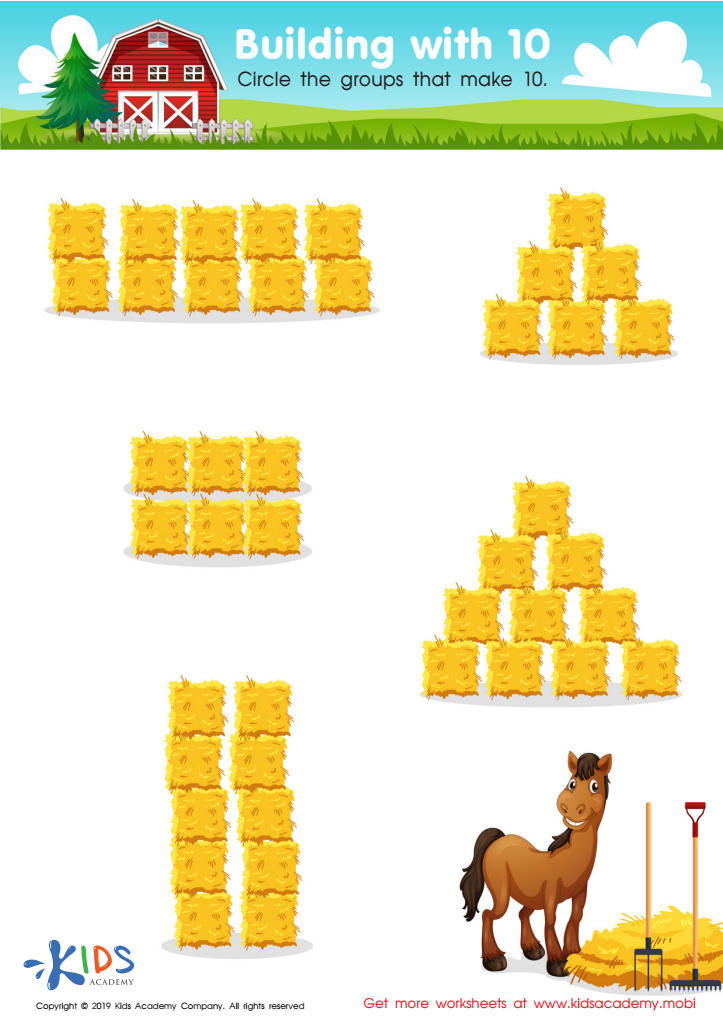

Building with 10 Worksheet
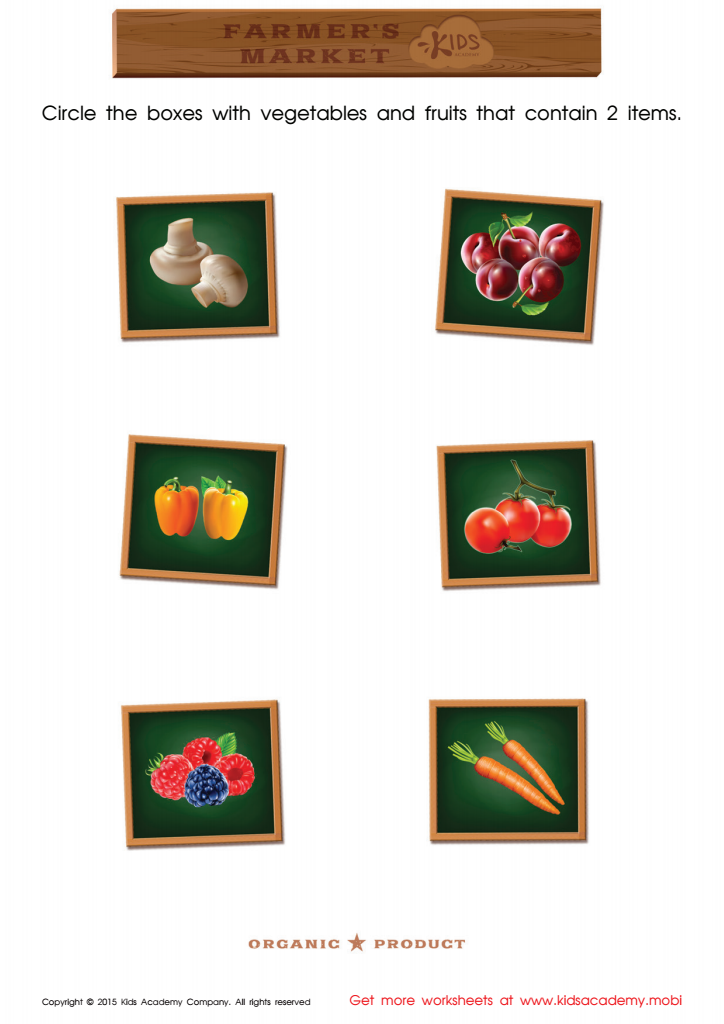

Count and Match Vegetables and Points Math Worksheet
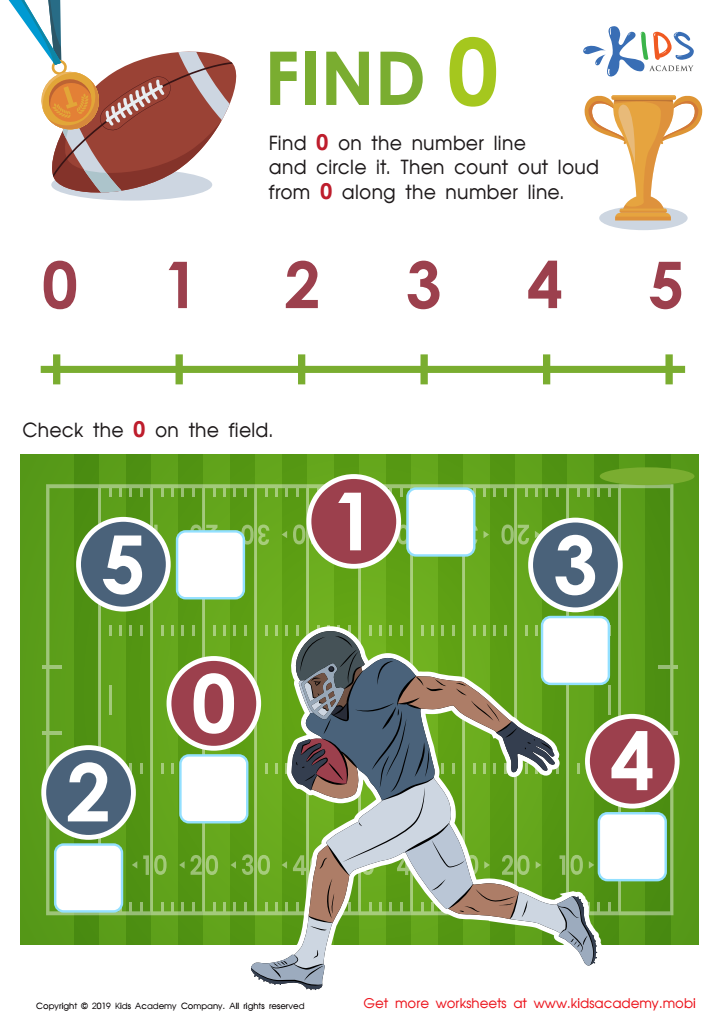

Find 0 Worksheet
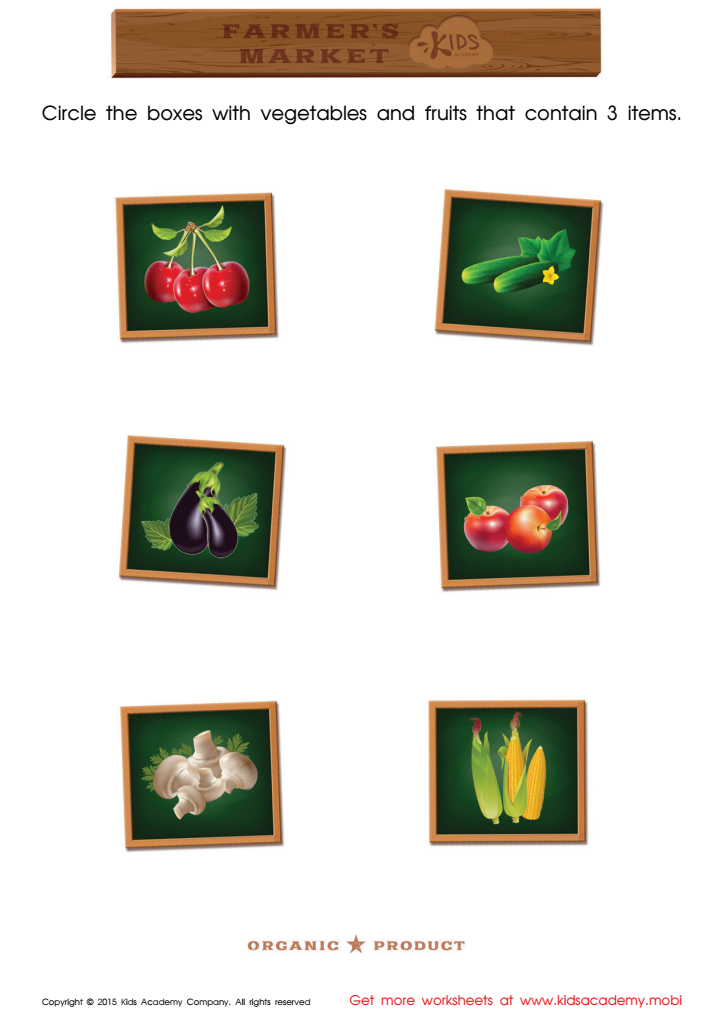

Count and Match Vegetables 1 – 5 Math Worksheet
Basic math skills, especially understanding normal numbers from 0 to 10, are crucial for children aged 3-6 for several reasons. First, early mastery of these concepts lays the foundation for future mathematical learning. During this developmental stage, children are naturally curious, and engaging them in basic number recognition fosters a positive attitude toward math, making it a less intimidating subject as they grow older.
Secondly, understanding numbers enhances cognitive development. Counting and number recognition promote critical thinking and problem-solving skills that are essential for later academic success. Additionally, it aids in language development, as children learn to associate numbers with quantities and develop their vocabulary around counting and comparisons.
Moreover, basic math skills are woven into everyday experiences, providing practical applications that children can understand and relate to. Activities like counting objects, comparing sizes, and simple games help reinforce their knowledge while making learning fun.
Finally, fostering these skills encourages independence and confidence in young learners, significantly influencing their social interactions and overall academic performance. By prioritizing basic math skills for children aged 3-6, parents and teachers set the stage for a lifetime of positive math experiences and competencies.
 Assign to My Students
Assign to My Students









